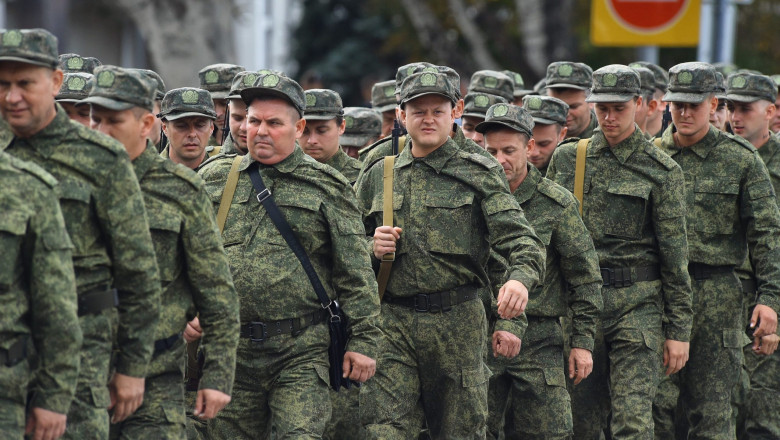Russian President Vladimir Putin signed a law this week allowing Russian reservists to be sent for “special training” to protect critical infrastructure, reports The Moscow Times.
Some fear that this could increase the human reserves of the Russian army and help the Kremlin send more people to the war in Ukraine. Others argue that the law will not have a significant impact on the army.
Who are the reservists
The Kremlin leader established a mobilization reserve — the Special Combat Reserve of the Army, or BARS — in 2015. The reserve is intended for people who have previously served in the military and have signed a special “reservist” contract with the Ministry of Defense. These individuals, known as reservists, lead a civilian life and receive a modest remuneration of up to 10,000 rubles ($123) per month.
Although not considered contract soldiers, reservists are required to regularly participate in military training sessions to maintain and update their combat skills. During this training, the employers of the reservists are compensated for their employees’ absence. The total number of reservists is not publicly known. Active recruitment into the reserve began in 2021, shortly before Russia’s invasion of Ukraine. At that time, according to Meduza publication, the number of reservists had increased from a few thousand to 100,000.
In the early months of the war, many reservists volunteered to fight in the so-called BARS battalions and later signed contracts with the Ministry of Defense. At that time, enlisting in BARS was a way to participate in combat for those who did not meet the Ministry of Defense’s enlistment criteria, three volunteer soldiers told the cited source in 2023, as these battalions were more flexible in terms of age and health requirements.
Deputy Alexei Zhuravlev, the first vice-president of the State Duma Defense Committee, told RTVI television station a month ago that about 2 million people are in reserve in Russia. However, experts have questioned this claim.
The number of reservists is probably relatively small, military analyst Alexei Alshansky told the cited source, as many of those who were in the army reserve have already gone to the front and signed contracts with the Ministry of Defense.
Read more HERE

